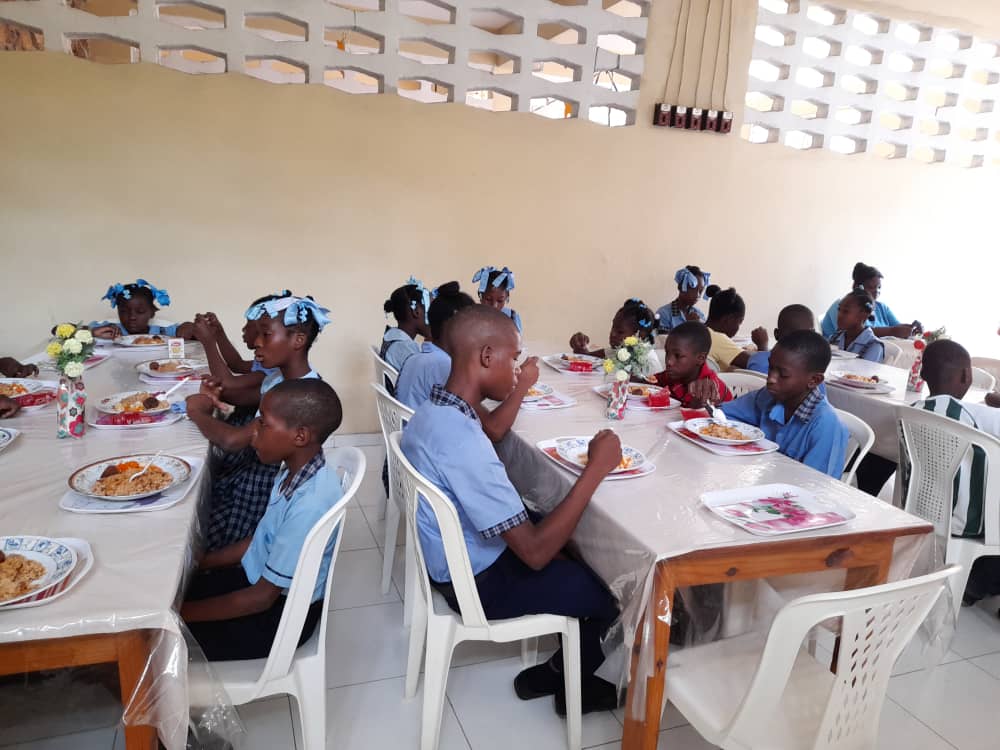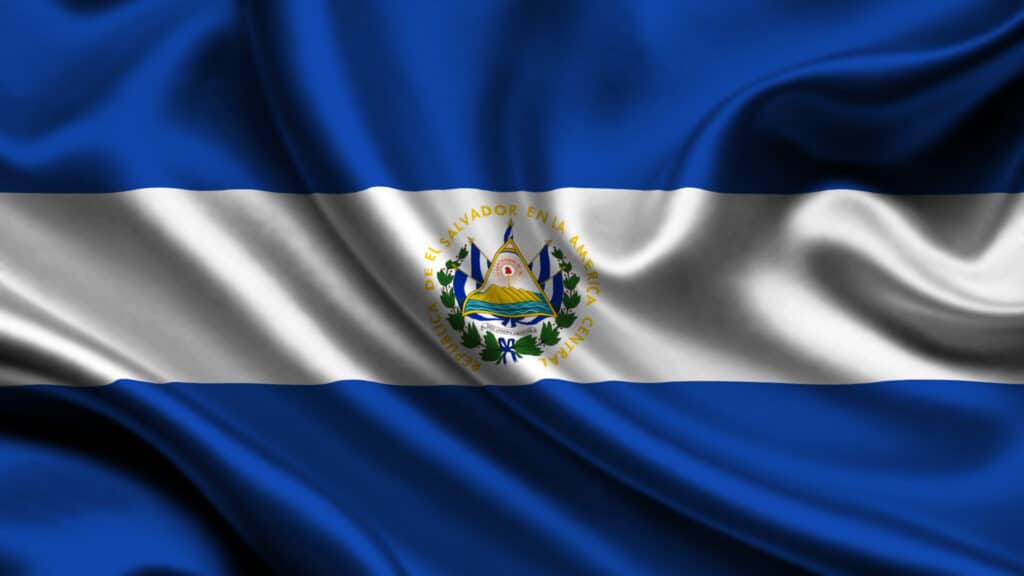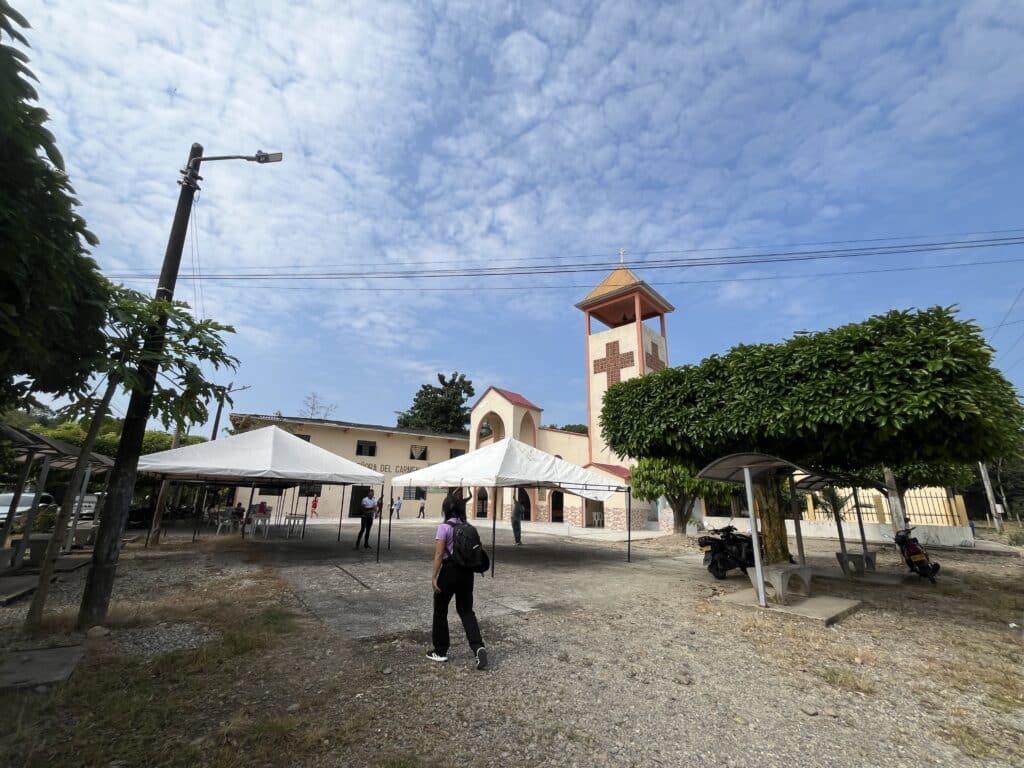Moravian Church of Nicaragua
Iglesia Morava de Nicaragua
Moravian presence in Nicaragua dates to 1847 when German Moravian missionaries started work in Bluefields. From the beginning, their work developed among the ethnic groups of the Caribbean coast: Afro-Caribbeans, Miskito, Sumu, and Rama Indians, which is why today 96 percent of the membership of the Moravian church is in this area. In 1899 the first Nicaraguan pastor was ordained. During the first world, war communication became difficult, and the mission board in Herrnhut (Germany) decided, in 1916, to transfer the responsibility of administration and finance to the Moravian Church in the USA. In 1949, the first Nicaraguan bishop was consecrated. In 1958, churches were also established on the Pacific side of the country, starting in Managua. In 1972, the leadership and administration of the MCN passed into the hands of a native pastor, and the church became completely autonomous in 1974.
The Moravian Church in Nicaragua as a part of the body of Christ affirms the chief doctrines of the faith as follows: the Holy Trinity, Father, Son, and Holy Spirit, in whose name baptism is performed; God, the father almighty, the maker of heaven and earth, and the father of the Lord Jesus Christ, who came in human form and gave to all who believe in him the power to become children of God; the Holy Spirit who works within all who believe and enables them to know the truth; the doctrine that God, through Christ, visits and redeems his people. The church administers the sacrament of baptism for both children and adults by pouring or sprinkling of water. The MCN does not dispute other forms of baptism as practiced by other churches. It invites all baptized Christians to join with it in celebrating the Lord’s supper. It embraces the doctrine of all believers’ priesthood and maintains an ordained ministry of both men and women for administering the sacraments. The MCN regards the chief doctrine of the Christian faith to be that Jesus Christ is how sins are forgiven, not of believers only, but also the sins of the whole world. The person of Christ and his redeeming love is the central point of the church’s teaching and preaching.
The MCN has established schools, colleges, hospitals, clinics, and theological and Christian education institutions. In 1974, the synod created a social devel¬opment program that includes nutrition, agriculture, fisheries, community development, cooperatives, and emergency aid.
Organizationally, the MCN is represented in a provincial synod that meets every three years to review and plan church policy and program. An executive board is responsible for carrying out the decisions of the synod between meetings. The church’s motto is the same as that of all Moravian churches: “In Essentials – Unity, In Non-Essentials – Liberty, and in all things – Charity (Love).” This is the basis of all its ecumenical relations. In cooperation with the Roman Catholic Church, it has produced a translation of the New Testament in Miskito. In 1999, in cooperation with the Bible Society, it completed the entire Bible in Miskito and Sumu languages. In 1995, in conjunction with the Bluefields Indian and Caribbean University, the MCN established a nucleus of the aforementioned university in Puerto Cabezas.
(Written by the World Council of Churches)
Support this Ministry
To make a gift for this ministry online or by check use the online donation page.
- 100% of your gift will be directed to Moravian Church of Nicaragua
- You will receive updates on the work in this area as they become available
- Share in the vision of God’s abundant life for all people
Related Content
House of Hope in Haiti: ‘We Must Act’
Since the assassination of President Jovenel Moise in 2021, Haiti has seen a rise in gang activity...
Read MoreA message of solidarity with the Lutheran Synod of El Salvador after the passing of Bishop Medardo Gomez
Please join Global Ministries in prayer with the Lutheran Synod of El Salvador. Dear Bishop...
Read MoreThe Mass of the (Amazonian) World
Written by: Alex Maldonado-Lizardi and Xiomara Cintron-Garcia who serve with the Christian...
Read More


